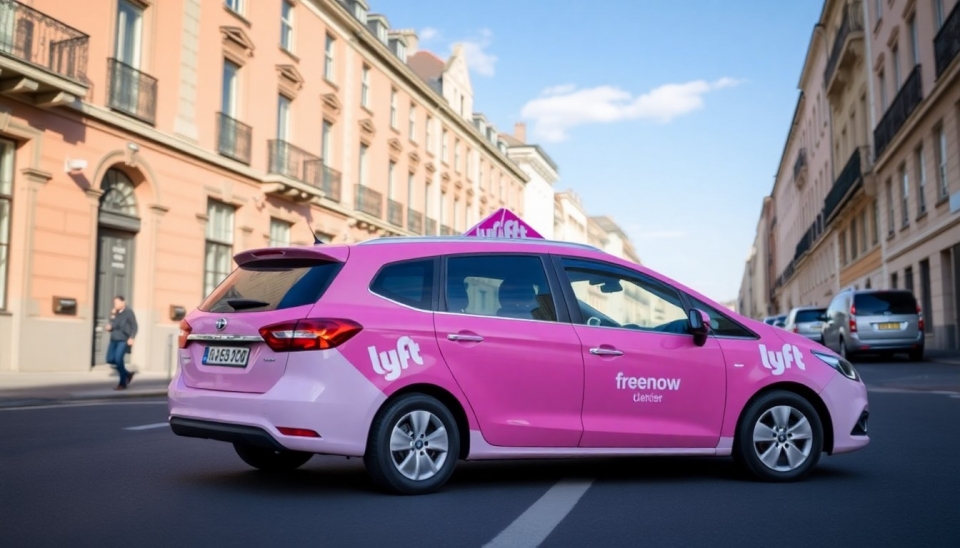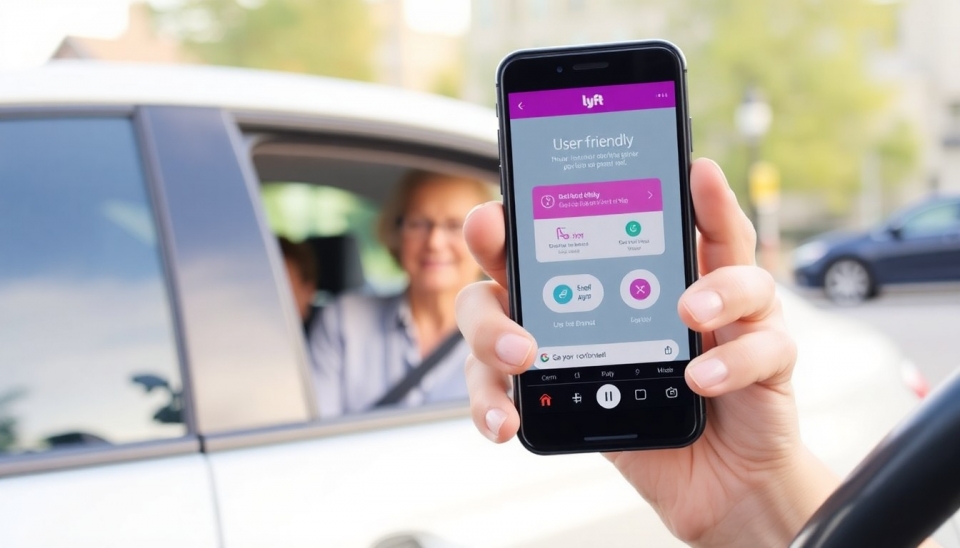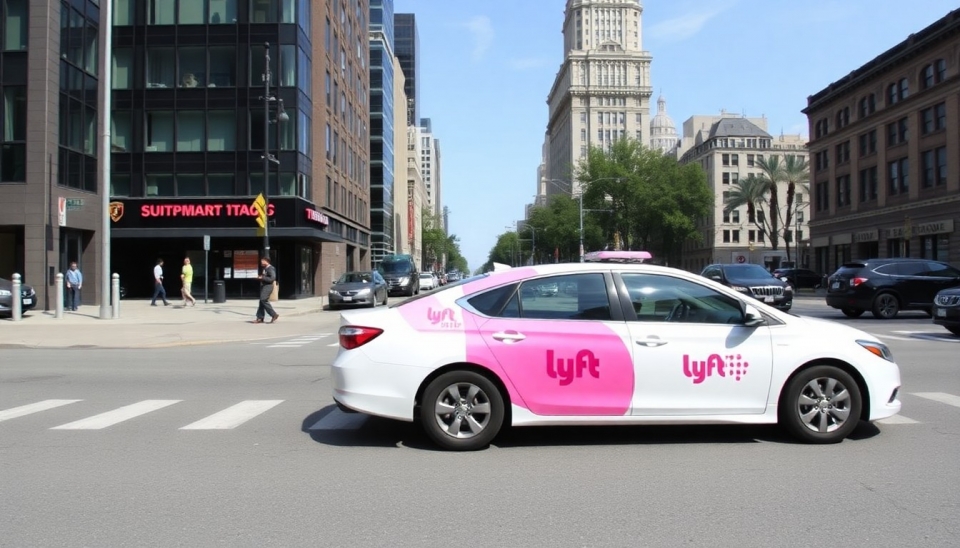
In a bold move that could reshape the ride-hailing industry, Lyft has announced plans to introduce driverless ride-hailing services beginning this summer. As the competition with rival companies and the push for autonomous technology intensifies, this transition marks a significant milestone in the evolution of ride-sharing services.
The company’s decision to roll out driverless rides aligns with its ongoing efforts to innovate and enhance user convenience. Unlike its competitor, Uber, which has historically invested heavily in autonomous technology, Lyft is partnering with established technology firms to expedite the development of its self-driving program. This strategic collaboration emphasizes Lyft’s commitment to safety and reliability.
Details on the geographical locations for the pilot program reveal that Lyft will initially focus on urban areas where the demand for ride-hailing services is highest. The cities selected for the trial will have existing infrastructure capable of supporting autonomous vehicles, ensuring that safety and efficiency are prioritized from the outset. Furthermore, company executives have expressed optimism about the potential of these services in enhancing accessibility for underserved demographics.
The announcement highlights that the self-driving vehicles will follow strict safety protocols and will be equipped with advanced technologies designed to ensure passenger comfort and security. Lyft aims to instill confidence in its users regarding the safety of driverless rides, addressing one of the primary concerns consumers have regarding autonomous vehicles.
As the summer launch approaches, Lyft is fully aware of the challenges that come with integrating autonomous vehicles into a competitive market. Licensing, regulatory considerations, and public acceptance will all play crucial roles in the successful implementation of this new service. Lyft is actively engaging with local authorities and stakeholders to establish clear guidelines and gain support for its self-driving initiatives.
With its innovative approach and strategic partnerships, Lyft positions itself not only as a leader in the ride-hailing sector but also as a pioneer in the transition toward autonomous transportation. This initiative beckons a future where passengers can enjoy convenient, quicker, and more cost-effective travel options, potentially setting a new standard for mobility in the coming years.
As summer nears, Lyft's adventure into the autonomous realm is eagerly anticipated by both industry experts and everyday consumers. If successful, this venture could have far-reaching implications for urban commuting and the overall landscape of personal transportation.
Keep an eye on Lyft’s developments in the upcoming months as they gear up for the rollout of driverless ride-hailing services and redefine how we think about getting from point A to point B.
#Lyft #Driverless #RideHailing #AutonomousVehicles #Innovation #Transportation #TechNews
Author: Liam Carter




